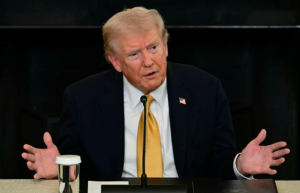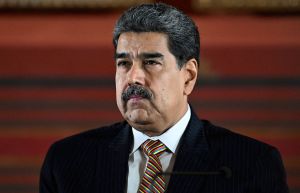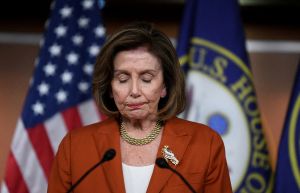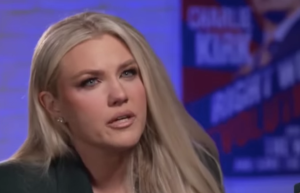Following a flurry of recalls and import bans by the Food and Drug Administration, some U.S. doctors have become concerned about the quality of generic drugs supplied by Indian manufacturers, Reuters reported.
India supplies about 40 percent of generic and over-the-counter drugs used in the United States, making it the second-biggest supplier after Canada.
In recent months, the FDA, citing quality control problems ranging from data manipulation to sanitation, has banned the importation of products from Ranbaxy Laboratories Ltd, Wockhardt Ltd and, most recently, Sun Pharmaceutical Industries Ltd, according to Reuters.
"I'm just beginning to realize the gravity of the problem," said Dr. Steven Nissen, head of cardiology at the Cleveland Clinic. "It's terrible and it is starting to get a lot of traction among physicians."
However, Indian drugmakers are not the only companies to recall products or be warned by the FDA about manufacturing problems.
For instance, quality control failures at Johnson & Johnson forced the company to recall dozens of products over the past five years, ranging from artificial hips to children's Tylenol.
Claiming that their products are not inferior to drugs made in other countries, India's drugmakers, a $14 billion industry, rejected the criticism.
"We have heard doctors making generalized statements, without being specific on any product or company," said DG Shah, Secretary General of the Indian Pharmaceutical Alliance, a trade group representing large Indian drugmakers. "This is a deliberate and serious campaign to malign the Indian generic industry."
If U.S. doctors come across a medicine that does not meet quality standards, they should report it to regulators, he said.
"Doctors are not in a position to judge whether manufacturing processes are correct or not. That is the U.S. FDA's job."
Generic drugs account for nearly 85 percent of medicines prescribed in the United States and the government is relying on them to help rein in healthcare costs, Reuters reported.
"We are losing control over what people are swallowing," said Dr. Harry Lever, a cardiologist at the Cleveland Clinic who is trying to raise awareness of the matter among U.S. lawmakers. "Now, when a patient comes in who is not doing well, the first thing I do is look at their drugs and find out who makes it."
Increasingly, Lever said, he is recommending patients seek out generic drugs from specific manufacturers outside India.
"I'm tending to stay away from India," he said. "There's something wrong. Too many things are happening."
Indian physicians do not share the concerns.
"Our drugs are being sold in many countries and being accepted, so we have no issues," said Narendra Saini, Secretary General of the Indian Medical Association, a voluntary body of 215,000 doctors. "How do I know that Western drugs are better than our drugs?"
© 2025 HNGN, All rights reserved. Do not reproduce without permission.








